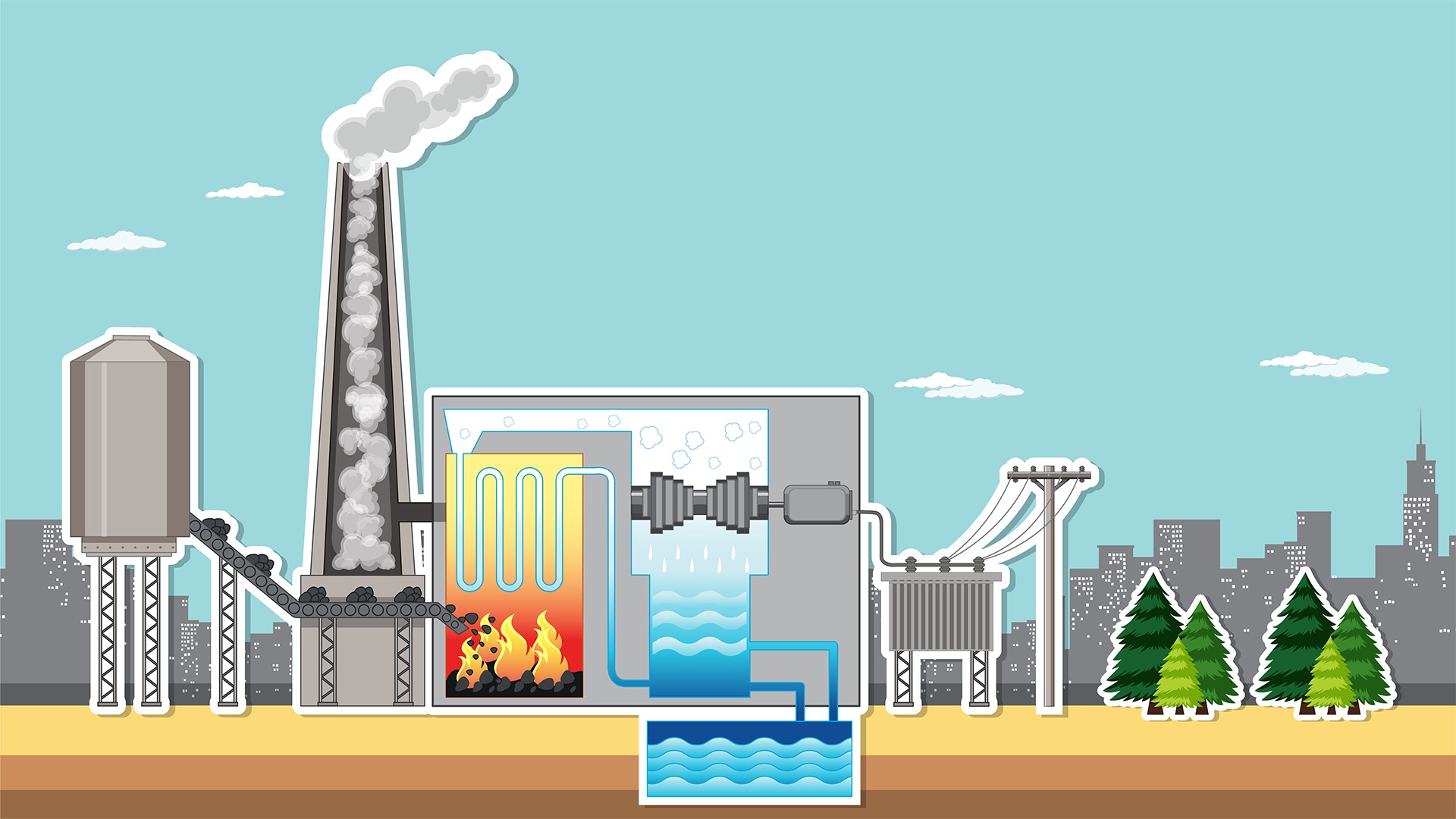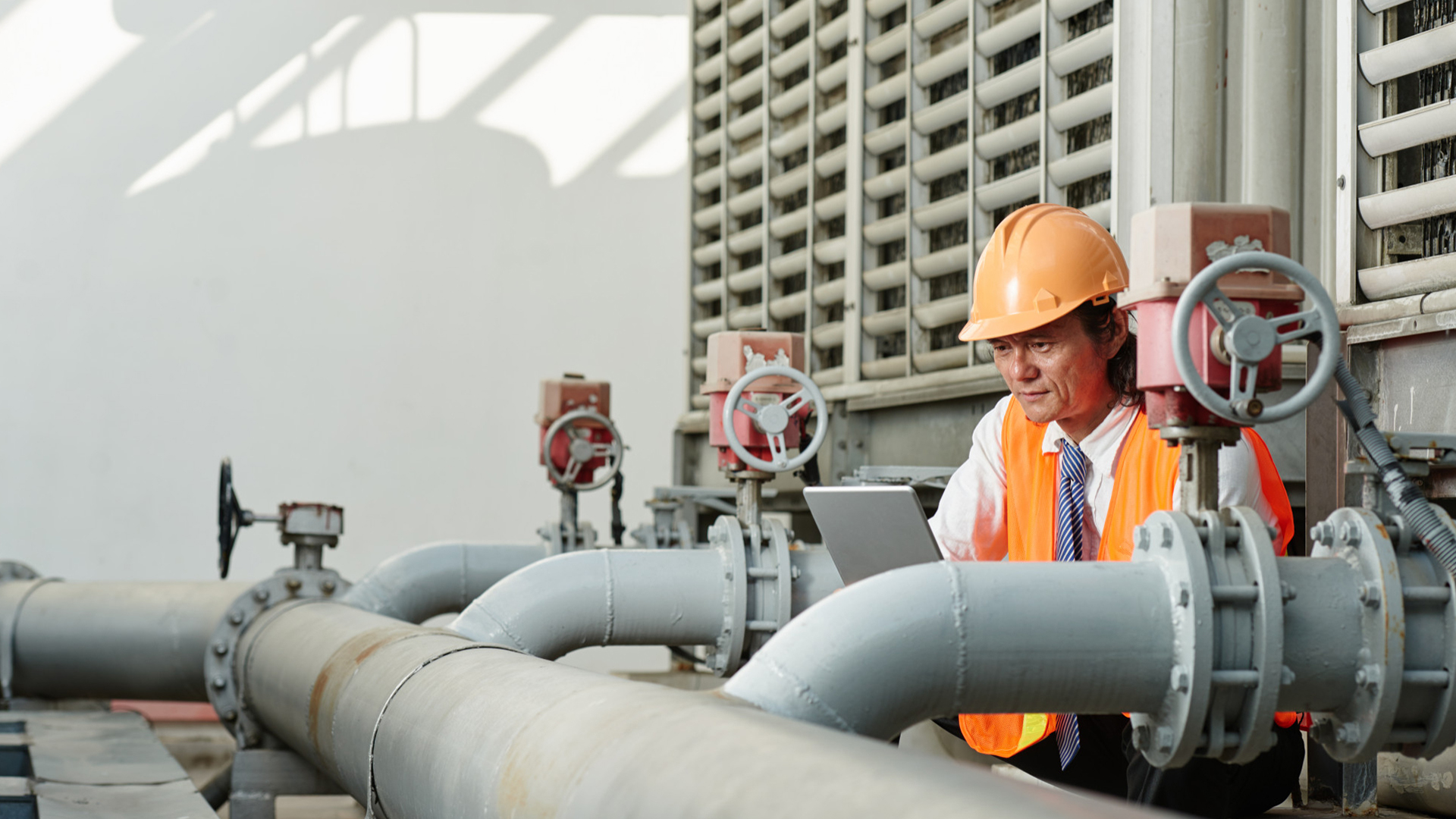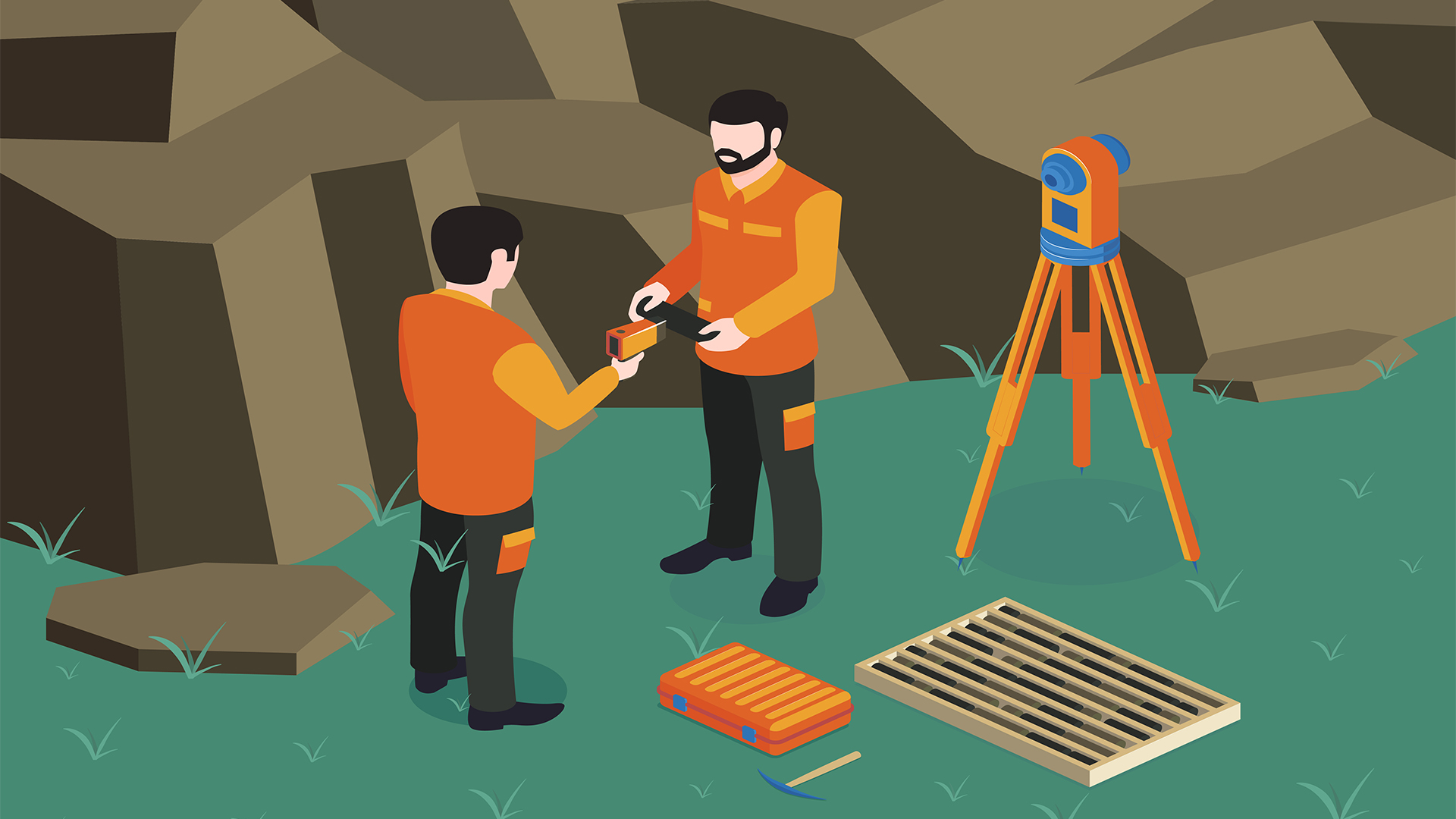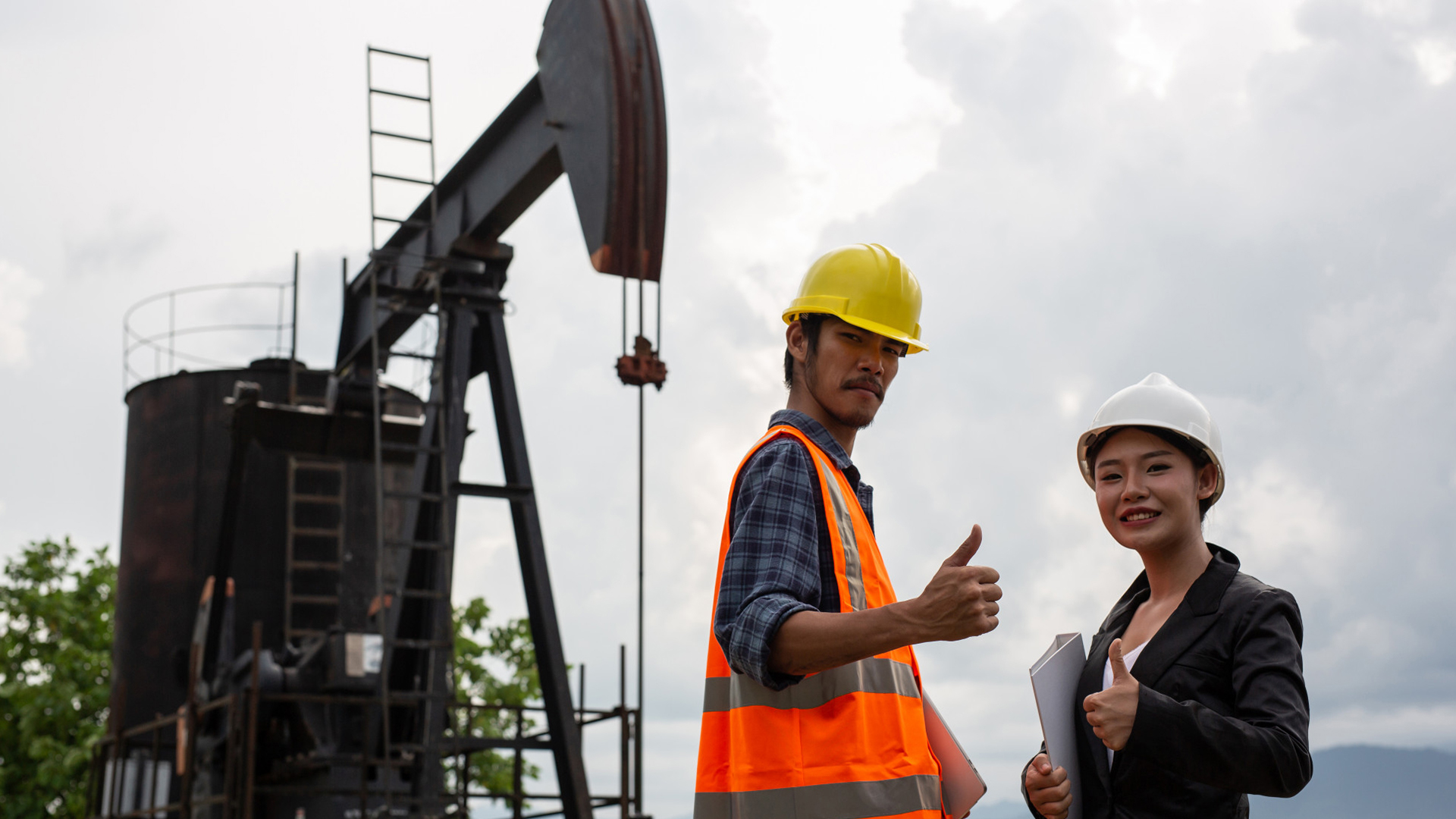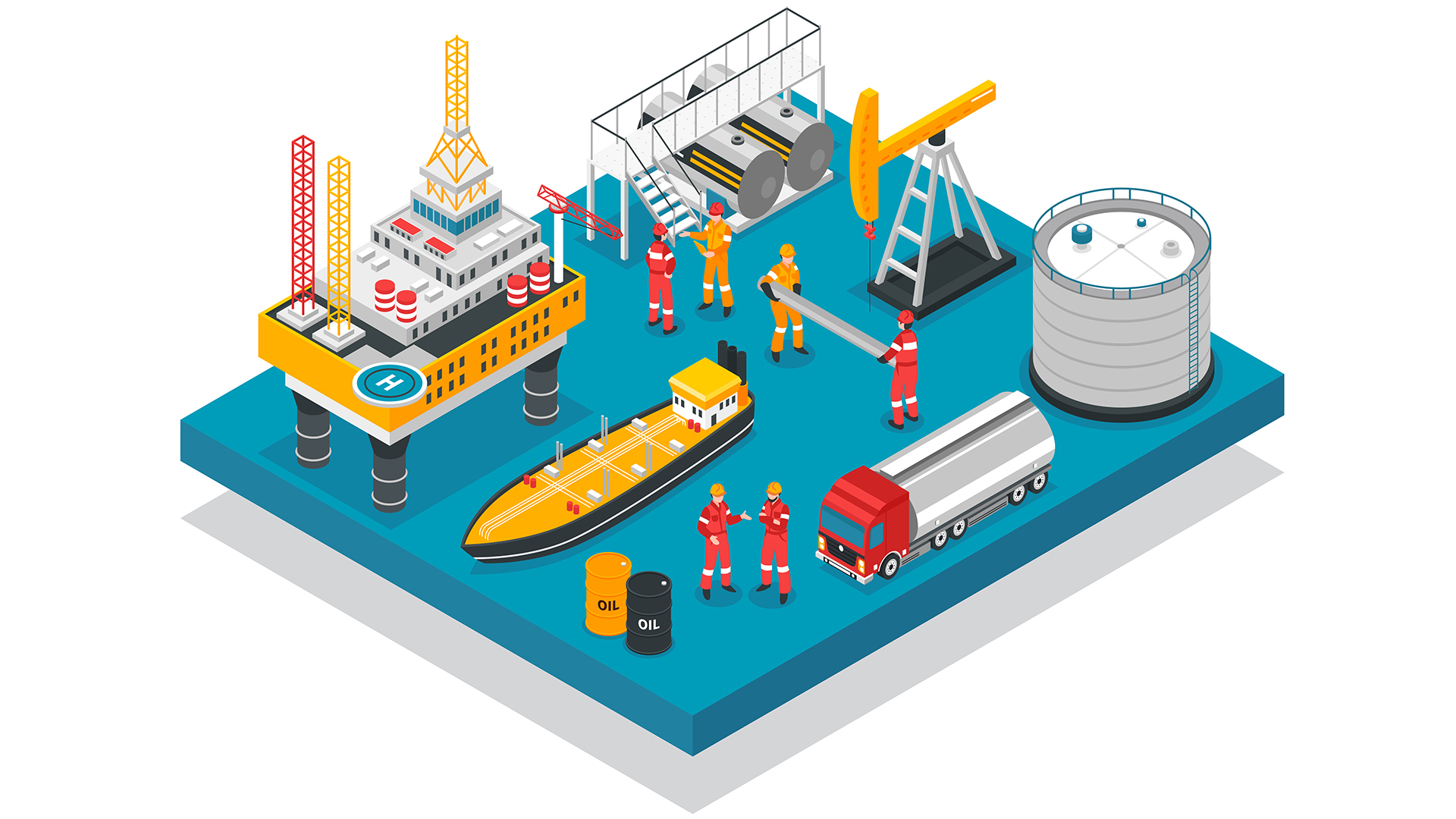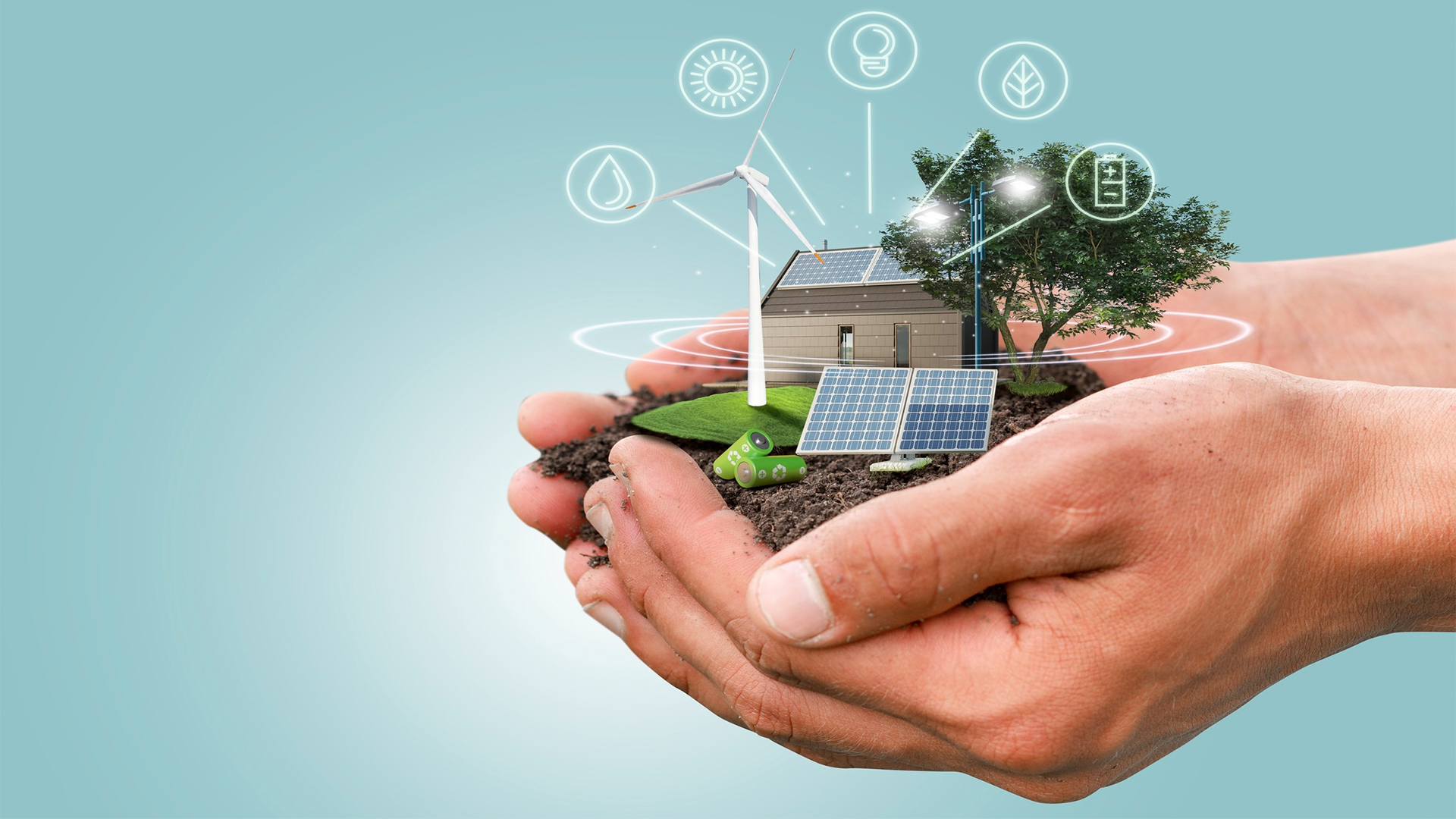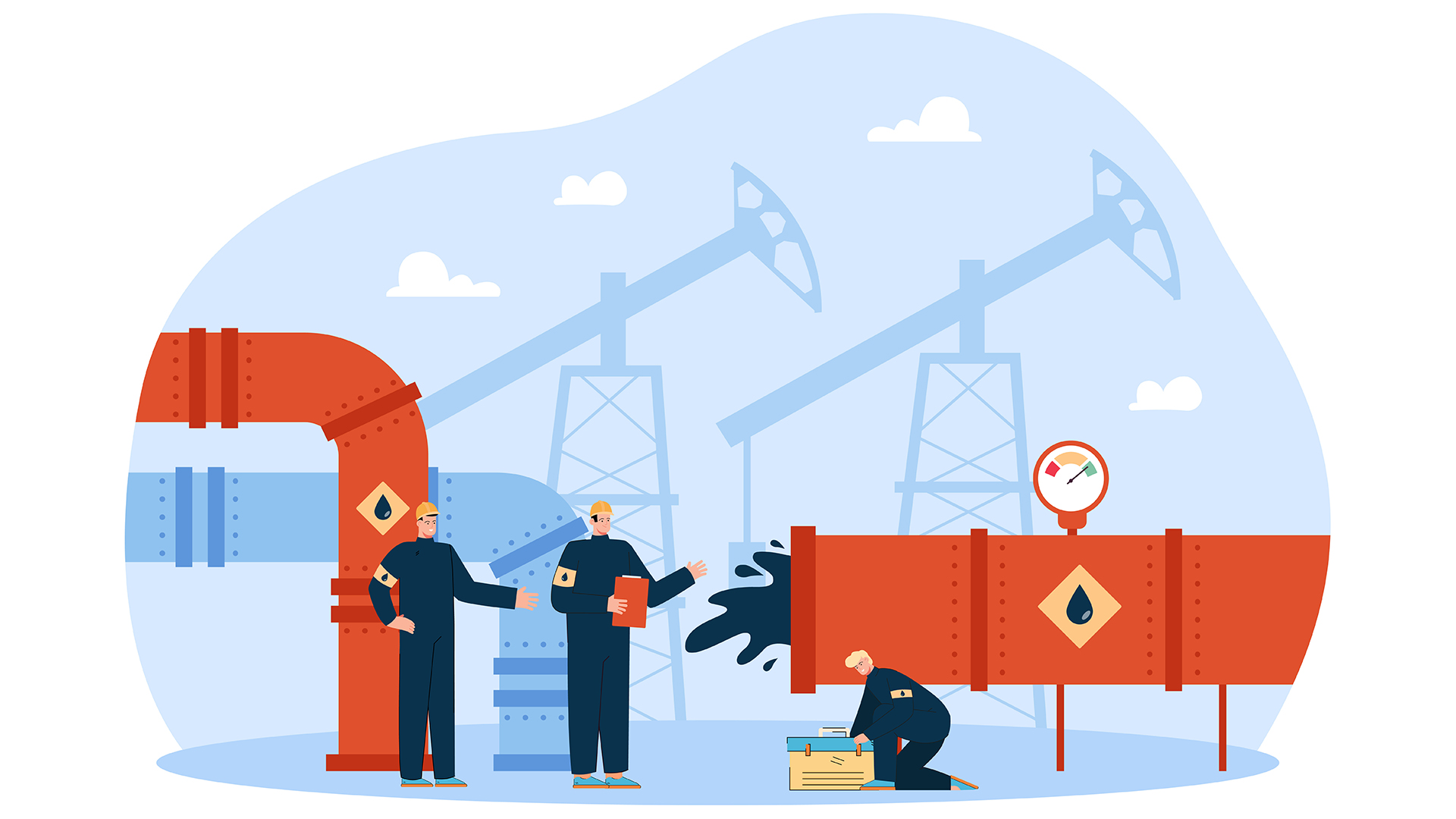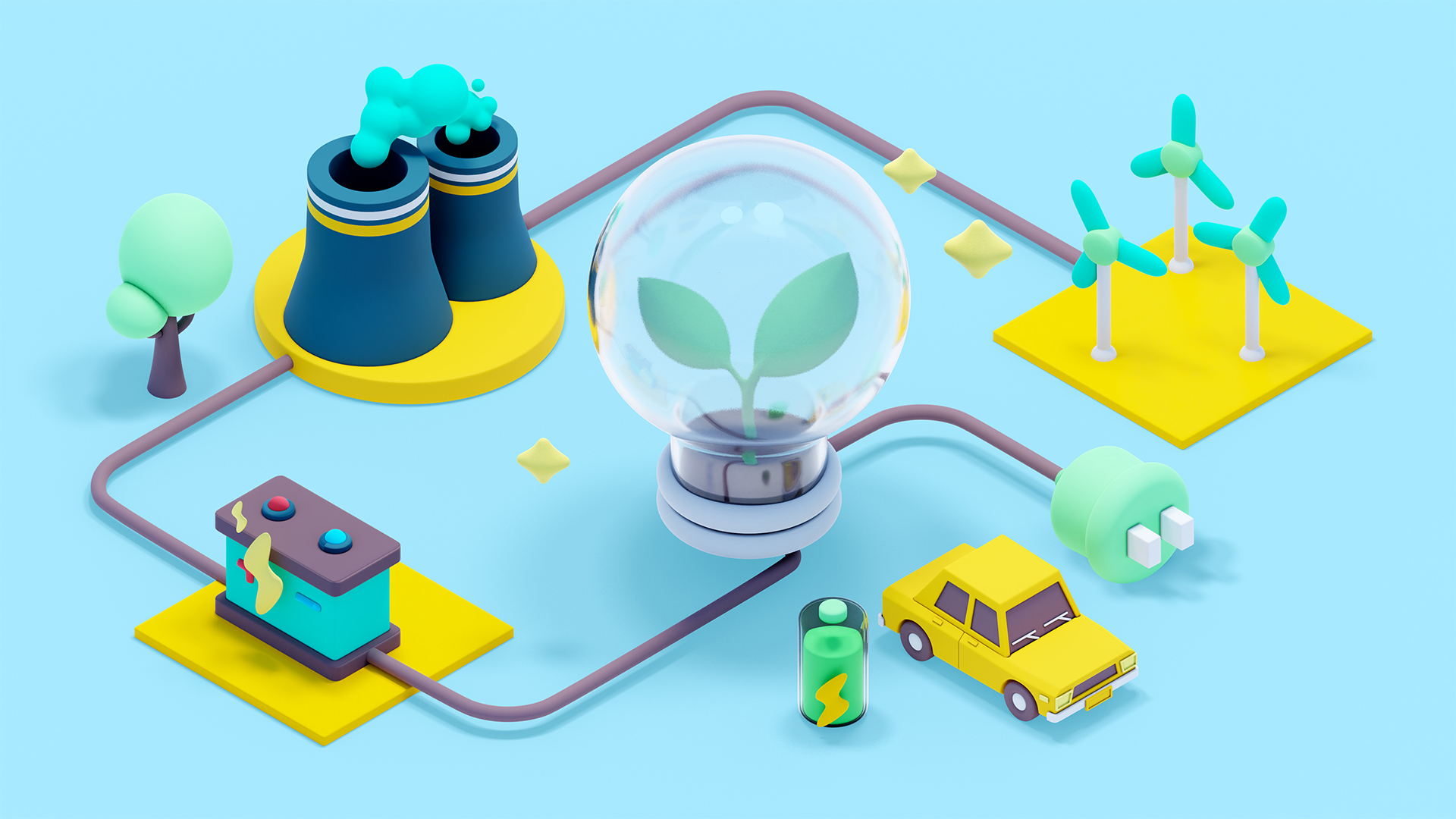
Clean Fuel Technologies: Foundation & Principles
Course overview
Global demand for clean fuel is increasing as refiners and other partners, such as chemical makers, face higher oil and feed prices.
What exactly is clean fuel technology?
To reduce the soaring cost of fuel production and transportation, a solid grasp of clean fuel, standards, and technology is required for monitoring and analyzing the fuel generated and comprehending its side effects on engine performance as well as the environmental impact.
This course is designed to provide participants with a complete understanding of the practicals and science of producing clean fuel, as well as standards and technology in the fields of oil and gas and modern refineries. It is designed with broad, deep, and thorough content that will provide the participant with a competitive advantage in the sector. In addition to the heavy scientific content and processes, there will be a lot of practical exercises and case studies that will be investigated in this course, and it is designed to be very engaging.
Jet fuel standards and specifications, fuel quality basics, fuel quality analysis and monitoring, gasoline specifications, diesel standards and specifications, Euro 5 and 6 fuel standards and specifications, and fuel production standards and technologies will all be covered in this Training Bee course.
What are some examples of environmentally friendly fuel?
Projects created and run in the oil and gas business encounter numerous problems in this day and age, and the efforts and needs to produce standard projects in the industry have become increasingly difficult.
Introduction
The “Clean Fuel Project, Standard, and Technology” class is pleased to have you. This comprehensive program has been painstakingly developed to offer you with a thorough grasp of clean fuels, the regulatory standards that govern them, and the cutting-edge technology that power this dynamic industry. This course will provide you with the knowledge and tools you need to navigate the clean energy landscape, whether you are new to the sector or an established professional.
Clean fuels are a game changer in the global energy market. They point the way forward to a more sustainable, environmentally friendly, and economically efficient future. This course will look at the fundamental ideas behind clean fuel initiatives, the rules that govern them, and the cutting-edge technology that are driving the industry.
With complicated technology solutions and compressed deadlines, budgets, and cost-efficiency, the problems of successfully executing a fuel project are becoming more complex by the day. As a result, it is critical for participants to complete this course in order to understand how fuel projects are created and managed properly.
We are The Training Bee, a global training and education firm providing services in many countries. We are specialized in capacity building and talent development solutions for individuals and organizations, with our highly customized programs and training sessions.
Learning Objectives
Upon completing Clean Fuel Project, Standard and Technology, participants will be able to:
- Examine the various methods and strategies utilized in fuel quality monitoring systems.
- Compare each distinct testing parameter for various fuel kinds such as gasoline, road diesel, and jet fuel.
- Explain in detail how chemistry is employed in clean fuel manufacturing and the maintenance of standards and technology.
- Troubleshoot and quickly discover numerous quality issues and potential contamination in various gasoline kinds.
- Explain the effect that polluted gasoline and other fuel qualities have on engine performance.
- Explain and demonstrate how ultra-low Sulphur diesel affects fuel performance.
Our Unique Training Methodology
This interactive course comprises the following training methods:
- Journaling – This consists of setting a timer and letting your thoughts flow, unedited and unscripted recording events, ideas, and thoughts over a while, related to the topic.
- Social learning – Information and expertise exchanged amongst peers via computer-based technologies and interactive conversations including Blogging, instant messaging, and forums for debate in groups.
- Project-based learning
- Mind mapping and brainstorming – A session will be carried out between participants to uncover unique ideas, thoughts, and opinions having a quality discussion.
- Interactive sessions – The course will use informative lectures to introduce key concepts and theories related to the topic.
- Presentations – Participants will be presented with multimedia tools such as videos and graphics to enhance learning. These will be delivered engagingly and interactively.
Training Medium
This Clean Fuel Project, Standard and Technology training is designed in a way that it can be delivered face-to-face and virtually.
Course Duration
This training is versatile in its delivery. The training can be delivered as a full-fledged 40-hour training program or a 15- hours crash course covering 5 hours of content each day over 3 days
Pre-course Assessment
Before you enroll in this course all we wanted to know is your exact mindset and your way of thinking.
For that, we have designed this questionnaire attached below.
- Define clean fuels and their importance in lowering environmental impact.
- Please provide any prior information or experience you have with clean fuels.
- Explain why environmental norms are important in the context of clean fuels.
- Describe any specific environmental criteria or laws concerning clean fuels with which you are familiar.
- List and briefly describe some of the important technologies involved in the production and use of clean fuels.
- Mention any specific clean fuel technology with which you have worked or come into contact.
- Describe the most prevalent types of clean fuels (for example, biodiesel, hydrogen, and natural gas) and their applications.
- Discuss any specific clean fuel types in which you are interested or have experience.
Course Modules
This Clean Fuel Project, Standard and Technology covers the following topics for understanding the essentials of the Agile Workplace:
Module 1 – Diesel gasoline
- Troubleshooting diesel fuel taint and quality issues
- Monitoring of Sulphur concentration, calorific value, and diesel composition
- The acidity level of diesel fuel
- Cetane number measurement and interpretation
- Examining the carbon residue
- Examining the appearance and odor
Module 2 – Working with diesel fuel
- Hydro processing and the associated industrial technology
- Diesel with extremely low Sulphur levels
- In diesel fuel testing, a parameter is used.
- The qualities of diesel fuel have an impact on engine performance.
- Quality monitoring and standard handling for diesel fuel
- Providing clean diesel fuel
Module 3 – Aviation Fuel
- Troubleshooting and inspection for contamination and quality issues
- Methods and techniques for defining jet fuel specifications and monitoring quality
- The characteristics and chemistry of jet fuel
- The effect of differing jet fuel characteristics on engine performance
- Jet fuel testing parameters
- Jet fuel manufacturing technologies
Module 4 – Jet fuel specifications
- Jet fuel viscosity recommended
- Minimum freezing point permitted
- The flashpoint of jet fuel
- Jet fuel storage stability and handling
- Thermal stability in relation to jet fuel
- The required jet fuel density
Module 5 – Gasoline
- Various gasoline characteristics and their implications on engine performance
- The parameters used in gasoline testing
- catalyst reformer
- Gasoline composition
- The chemistry of gasoline
Module 6 – Gasoline specifications
- Gasoline flashpoint
- The use of octane numbers
- Corrosiveness testing
- Gasoline combustion properties
- Gasoline density and recommendation
Module 7 – Standards and technology for the fuel project
- Configurations and requirements for refineries
- Analysis and valuation of crude oil
- The chemistry of crude oil and its numerous qualities
- An Overview of Refineries
- Specifications for petroleum products
- Petroleum product quality control
Module 8 – Emission regulations and requirements for Euro 5 and Euro 6.
- Procedure for sampling Euro 5 and Euro 6.
- Refining of petroleum and quality control.
- Standards and specifications for clean fuel technology.
- Control of emission levels
Post-course Assessment
Participants need to complete an assessment post-course completion so our mentors will get to know their understanding of the course. A mentor will also have interrogative conversations with participants and provide valuable feedback.
- Summarize the major concepts and principles of clean fuels that you learned during the course.
- Explain how clean fuels can help to preserve the environment and minimize pollutants.
- Describe the environmental standards and regulations covered in the course, as well as their relevance to clean fuel projects.
- Give an example of how meeting these standards can affect clean fuel projects.
- Some of the clean fuel technologies studied in the course are listed and briefly explained.
- Share the technological discoveries that you found most fascinating or relevant to your work.
- Identify the various types of clean fuels covered in the course and their practical applications.
- Discuss any clean fuel types you believe have the greatest growth and impact.
Lessons Learned
Clean Fuels for Sustainability: By reducing emissions, limiting environmental damage, and fostering a transition to cleaner energy sources, clean fuels play a critical role in accomplishing sustainability goals.
Regulatory Compliance: Environmental standards and regulations must be followed in order for clean fuel initiatives to be implemented successfully. Compliance ensures environmental stewardship and reduces risks.
Diverse Clean Fuel Technologies: A variety of clean fuel technologies are available, each with its own set of benefits and applications. Participants should grasp the variety of technologies available and how to select the best ones for certain applications.
Environmental and Economic Benefits: Clean fuels have both environmental and economic benefits. Their use can result in cost savings, increased energy efficiency, and improved energy security.
